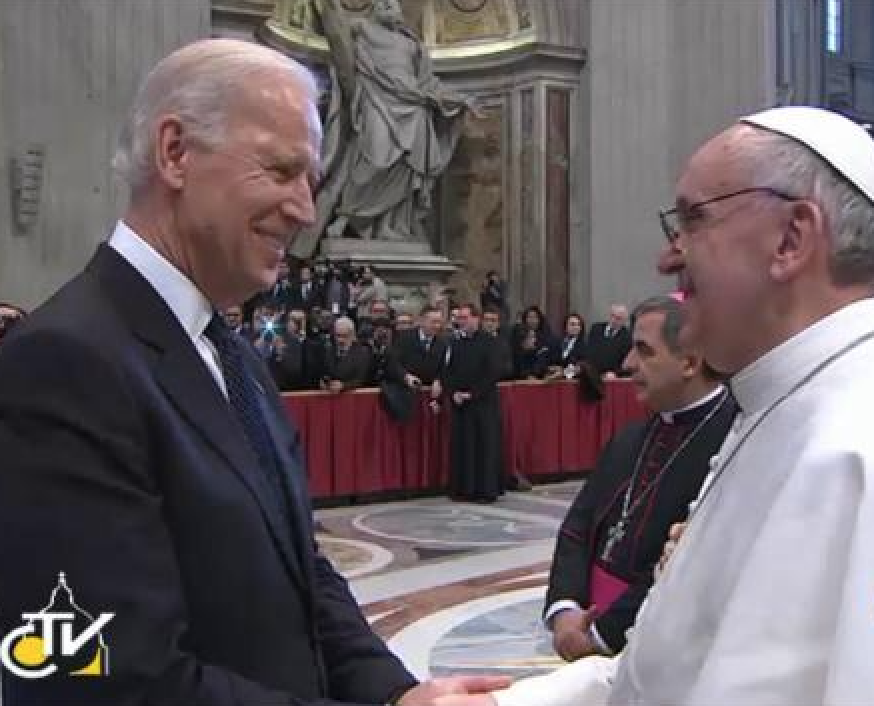A free press is part of the American identity. It’s also one of our essential institutions. A responsible press and a faith shaped by the God of charity and justice share two things in common: a concern for human dignity, and an interest in truth.
This is why — to be specific — journalism coverage of religion is so important.
Believers and non-believers might define that word “truth” differently, and the differences might be serious. But an honest search for it creates a kind of maturity. And that maturity enables us to build a decent, common future through our choices here and now.
Freedom means that our choices matter. And our mistakes have consequences. That’s why so many people, increasingly today, seem to want a rescue from the burden of personal responsibility; deliverance from the work of thinking critically about themselves, their world, their mortality and the purpose of their lives.
We all struggle with these temptations. Americans as a people are no exception.
So I can imagine an America without a genuinely free and fair press. And I can imagine an America with much less religious faith. We’re well on the way to getting both. But in either case, the result will be a very different America and a betrayal of the generations that built it.




